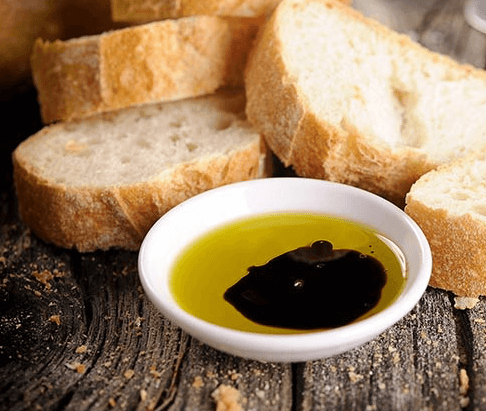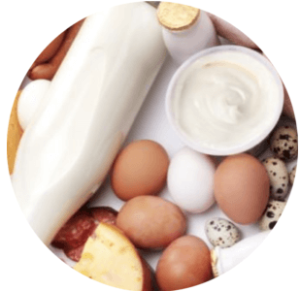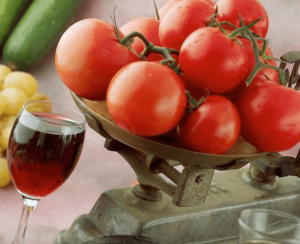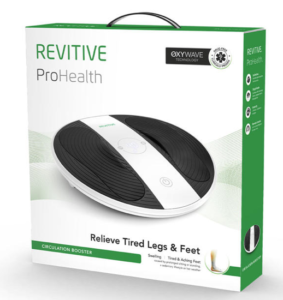We are regularly made aware of how good Olive Oil is for our health both internally and externally, even more so Extra Virgin Olive Oil benefits (EVOO).
Which Country Produces the best Olive Oil?
The choice of olive oil is a personal one, based on individual taste and preferences, some might say that Greek olive oil is as tasty as the equivalent Spanish or Italian oil. In truth, few people could spot the difference between Spanish, Italian, Greek or Turkish Olive Oil!
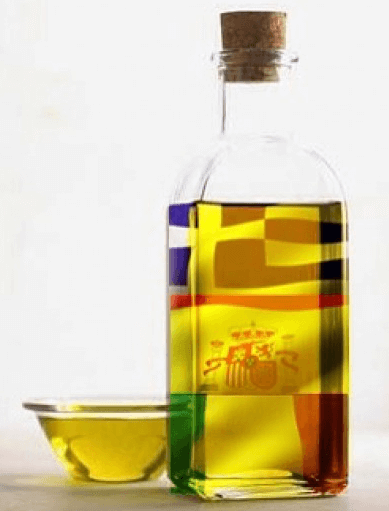
In the end, preference may come down to the oil’s freshness, quality, and the way one uses it in their kitchen, either for salads, on bread, or as a cooking ingredient.
There is unquestionably a distinction between Olive Oil producing countries, the Olive trees from Greece, Spain, and Italy not only vary in species but are dependent on the local climate and soil conditions which influence the oil’s flavor. But while most people can acknowledge its freshness or even its acidity, the subtle differences between the different types of olive oils which indicate the country of origin may be obvious only to professional olive oil tasters.
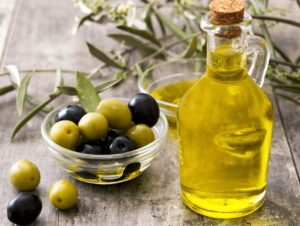
Spain exports significant quantities of olive oil to markets in the US, the UK, Portugal, Australia, France and interestingly, quite a bit of it is sold to Italy! One of Spain’s best sellers is Venta Del Barón Extra Virgin Olive Oil. Awarded World’s Best Olive Oil award four consecutive years and Made in Andalusia, Spain.
The Italian population consumes more olive oil than it produces. To meet demand, it supplements local produce with imports from Greece and Spain. Therefore, what people buy in supermarkets as Italian olive oil may, in fact, have a different country of origin. Nonetheless, Italy markets olive oil very favorably as a ‘national’ product.
Olive oil is mostly used in the food sector, but its other uses include fuel production, pharmaceuticals, cosmetics, and the manufacture of soaps.
Cooking With Olive Oil:
The quality and flavor of Extra Virgin Olive Oil’s are more desirable for cold food purposes such as salad dressings, and as the finishing touches to soups, dips, pasta or pizza.
But when you are cooking and applying Olive Oil to a stir-fry, or you are cooking other high-temperature dishes or roasts, extra virgin olive oil isn’t as suitable because it has too low a smoke point and will overheat and may produce harmful chemicals; also the nutritional benefits are quickly lost.
This is why it is a good idea to keep a bottle of ‘standard’ Olive Oil in your kitchen to cook with, it is better suited for deep frying or roasting as it has a higher smoke point – meaning that you won’t be carrying the food through the smoke point as the higher temperatures are reached. A fine example is an Olive Oil called La Española.
Smoke Point of various Oils:
Coconut oil: 347°F (175°C)
EVOO: 383°F (195°C)
Safflower oil: 414°F (212°C)
La Española Pure Olive Oil: 446°F (230°C)
Canola oil: 460°F (238°C)
Also, the flavor won’t be as noticeable when cooked at high temperatures, so there is no reason to use the far more expensive ‘Extra Virgin’ grade Olive Oils.
La Española Pure Olive Oil For Cooking
Established in 1840, La Espańola is an iconic Spanish olive oil brand. Made from fresh olives grown in the Andalucia region in the south of Spain,100% authentic Spanish olive oil is of the highest quality. Each year, this small province produces more olive oil than all of Italy.
This refined olive oil, blended with virgin olive oil creates a cooking oil which is gentle and subtle in flavor.
Without losing the essential properties of olive oil, La Española Pure Olive Oil has a ‘smoking point’ of 230°C and is ideal for heating and thus perfect for grilling & roasting.
With La Española Olive Oil you can savor the essence of the Mediterranean diet in every dish. Taste it for yourself!
Did You Know?
Used correctly Extra Virgin Olive Oil is a great source of what we know as good fat and antioxidants and features prominently in the healthy Mediterranean Diet and has many health benefits.
Made from the first pressing of the ripe olives, Extra Virgin Olive Oil is at it’s most flavorsome, as it is pure and with the minimal processing. In a very similar way to wine, olive oil has a complex variety of flavors to look out for, you can expect to find a balance of fruit, spice, and pepper.
But, a word of advice, unlike wine, you will see that olive oil does not improve with age, so don’t save it for best, use liberally and to prolong the shelf life look for a dark glass container, as light can rapidly reduce the oil quality.
You will notice the color of extra virgin olive oil can vary from a mix of green and yellow to golden green, this will depend on the variety of olives used and the country and climate they were grown in. It is Lovingly referred to as the ‘Nectar of the Gods’.
Topical Skin Care Use:
Olive oil has long had a history of being used as a home skin care treatment. Japan was the highest importer of olive oil in Asia in 2000 – consumers there believe the ingestion and topical administration of olive oil to be helpful for both skin and health.

It is recommended to use the best certified-organic, non-GMO, cold-pressed, and unrefined extra-virgin olive, such as Venta Del Barón due to the fact it is produced without the use of heat or chemical refining and contains the highest concentration of olive oil’s beneficial compounds. Also, it has zero preservatives or additives that can be harmful to the body.
Extra Virgin Olive Oil offers some benefits to the skin, including vitamins, antioxidants, and antibacterial effects. It is very effective as a moisturiser around the delicate skin surrounding the eye area, plus nourishes eyelashes the same way conditioner works on the hair. Also, for cuticles, olive oil keeps them moist and soft so as to encourage strong, healthy, active nail growth.
However, it should be stated that the research on any benefits gained from the use of Olive Oil on the face and skin is limited.
Benefits of Olive Oil – Face and Body:
As an Antioxidant:
Olive oil works as an antioxidant, which is a chemical compound that guards cells against the effects of free radicals that prevents oxidation. Oxidation, this is a process that produces free radicals, these are chemicals that can potentially damage cells and may lead to heart disease, cancer, and other diseases.
When it is applied to the skin antioxidants may prevent premature aging. Also, some research suggests that olive oil may be beneficial when applied following sun exposure and may fight off cancer-causing cells.
Scientists do need to carry out more research in this area to better understand the impact of olive oil’s antioxidant properties on the human skin.
Vitamin Content:
Olive oil contains the fat-soluble vitamins – A, D, E, and K. These vitamins may be useful for the skin.

The vitamin E oil has been used topically for centuries to treat many skin conditions, these include eczema and psoriasis.
Antibacterial Effects:
Olive oil has shown to have antibacterial properties.
One study looked at the benefits of using olive oil and coconut oil on Staphylococcus aureus bacteria (the most frequent type of staph infection is the boil, pus that develops in a hair follicle or oil gland) on the skin. The results found that both oils displayed antibacterial properties, but virgin coconut oil was found to be more effective at eliminating the bacteria.
Although olive oil can be used to treat bacterial infections, there have been only been a few studies on olive oil’s capacity to control bacteria on the skin, more research is needed.
Moisturizing Effects:
Extra Virgin Olive oil can be applied as a natural moisturizer to soften both the skin and hair.
The EVOO is applied as a moisturizer directly to the skin and then blot off any excess oil; also, the oil can be applied to damp skin to prevent a greasy feeling.
Exfoliator:
To use EVOO to exfoliate the face and body and treat areas of dry or scaly skin, mix olive oil and sea salt to make a scrub.
You should use fine-grained salt on the face and other sensitive areas, and slightly coarser grains on the rest of the body.
People with dry areas may also benefit from applying to the face an olive oil-based face mask. Olive oil can be mixed with ingredients such as egg white, honey, or ground oats, these can help soften and hydrate the face.
To Remove Eye Make-Up:
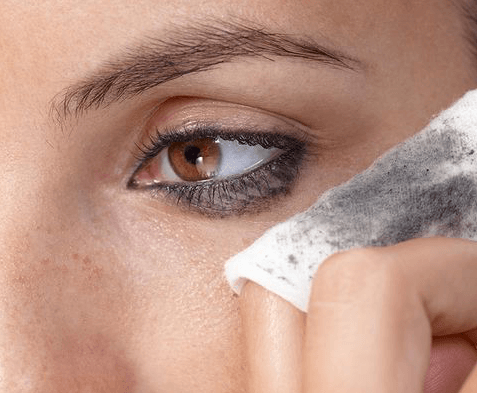
Olive oil breaks down any water-resistant substances you find in eye makeup, allowing you to wipe them away more efficiently and with less aggravation to the delicate skin around the eyes.
To remove your eye makeup, just add a few drops of extra virgin olive oil to a cotton ball and gently wiping the make-up around the eyes being careful not to get it into the eye.
Wrinkle Treatment:
Olive oil may be used on the face, it can help prevent early signs of aging on the skin and wrinkles. The oil can be daubed around the eye area at night or following sun exposure taking care not to get it into the eye.
Scar oil:
The vitamins and other antioxidants you find in olive oil may fade scars by helping skin cells to regenerate.
You massage the undiluted oil into scars, or you can mix it with a few drops of lemon juice to treat the areas of hyperpigmentation, where you find the skin has darkened due to scarring.
Olive oil may also be applied to try to prevent or reduce stretch marks, although studies on its effectiveness have found mixed results.
Again, there is very little evidence that applying olive oil to the skin helps prevent or reduce stretch marks.
Personal Care:
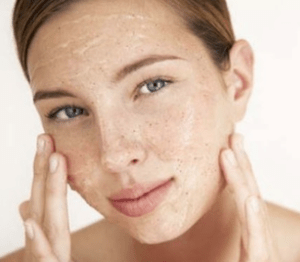
Olive oil is an ingredient found in numerous personal care products, these include face wash, body wash, soap, and lotions.
Risks of applying Olive Oil to the Skin:
Children’s skin is extremely delicate, and eczema may develop if olive oil is used on a child’s skin.
Although some studies have shown that the use of olive oil can benefit the skin, as with most products, it may not be suitable for everyone, and ‘patch’ tests should be carried out before applying to the skin.
Using Low-Quality Olive Oil:
Finally, be sure to only choose Organic Olive Oil or Extra Virgin Olive Oil over blends.
The use of high-quality olive oil is essential, using low-quality oils they may contain additives or chemicals that could irritate or damage the skin.
Have you used Olive Oil on your skin, did you find it to be helpful with a particular skin problem? Does it help your skin to look and feel better? Please leave any comments or questions below, and I will be happy to discuss them with you.
jo@yourskincarehelp.com
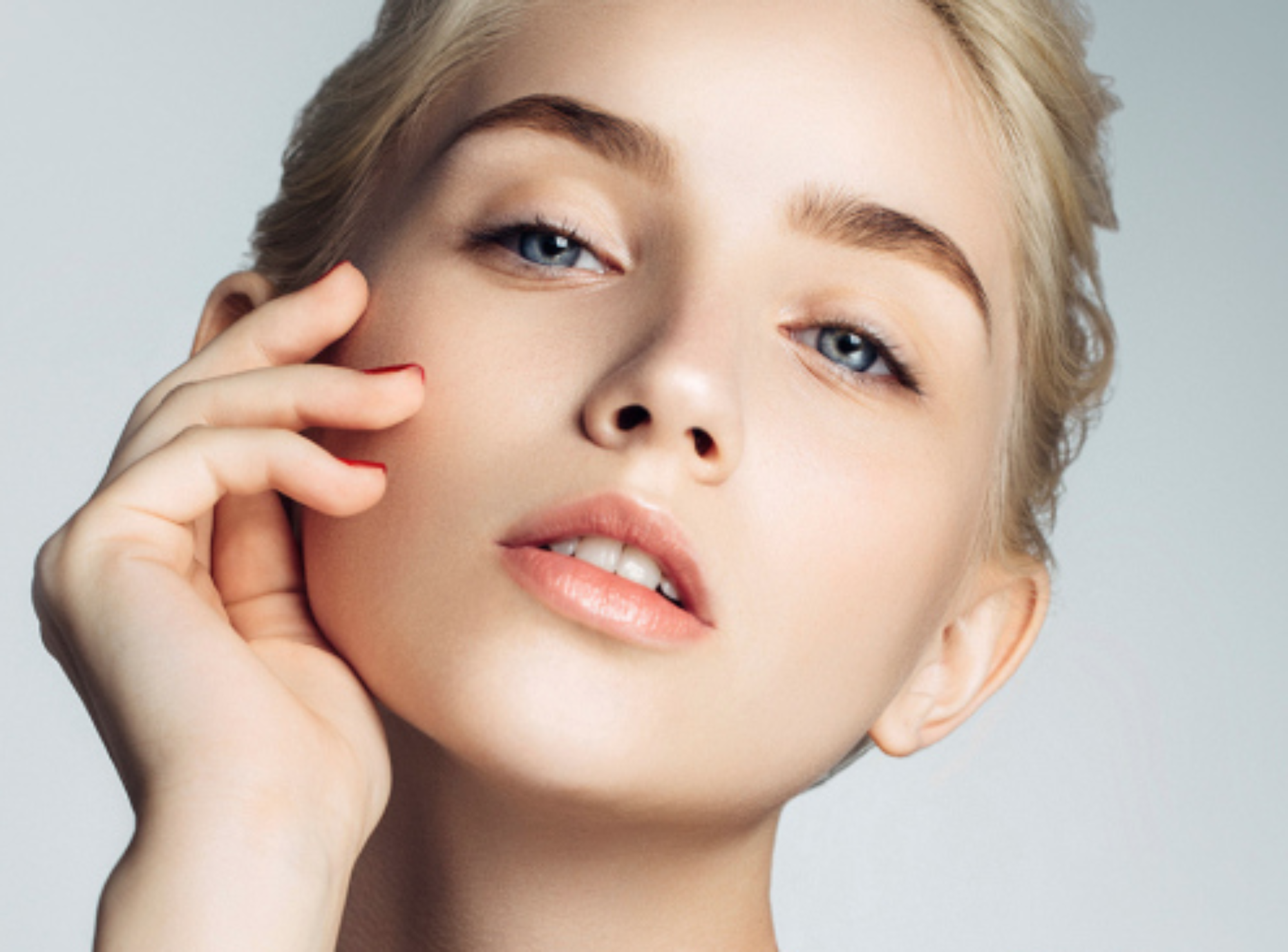
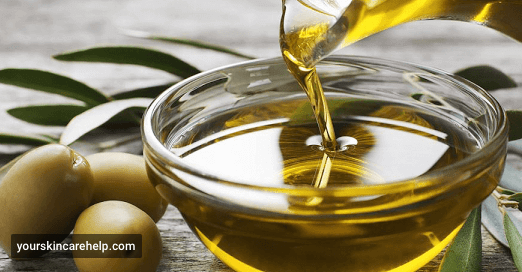
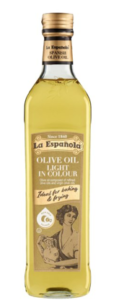


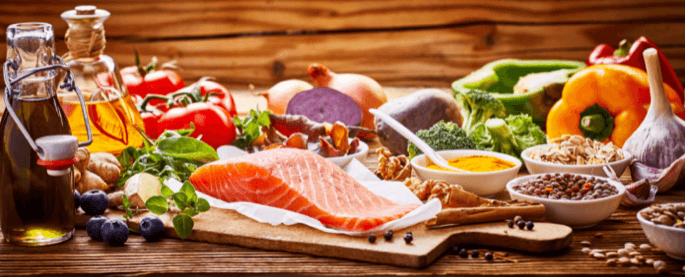
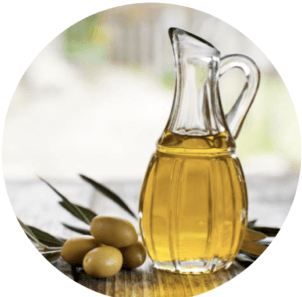
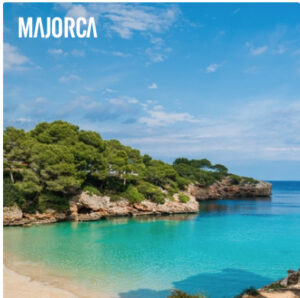
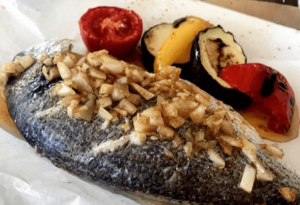 nutrients such as zinc and selenium. There is another less well-known anti-aging ‘star ’ to be found in ‘pink’ fish such as salmon, called astaxanthin. It is effective in reducing inflammation, boosting the immune system, diminishing wrinkles, improving skin elasticity and so improving your overall appearance.
nutrients such as zinc and selenium. There is another less well-known anti-aging ‘star ’ to be found in ‘pink’ fish such as salmon, called astaxanthin. It is effective in reducing inflammation, boosting the immune system, diminishing wrinkles, improving skin elasticity and so improving your overall appearance.